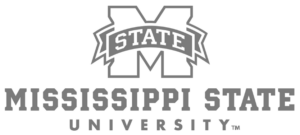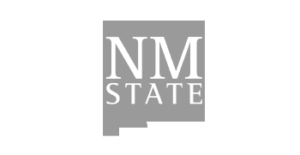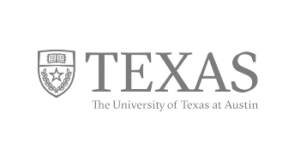By Patrick Kurp, Engineering Communications
Rice University George R. Brown School of Engineering
“We are trained in science, in our discipline. Business we tend to learn on our own. One of the big lessons I learned from I-Corps are real-world tactics to define your market. You can’t do that from the classroom.”
To fine-tune his business education, Jordan S. Miller, assistant professor of bioengineering (BioE) at Rice University, enrolled in the National Science Foundation’s (NSF) I-Corps, short for Innovation Corps. Its goal is to encourage entrepreneurship and help turn scientific and engineering discoveries into useful products and services.
In 2014, Rice, the University of Texas at Austin and Texas A&M University received a three-year, $3.75 million grant from the NSF to become one of seven regional innovation hubs. The Southwest I-Corps Node includes more than 30 colleges and universities from Texas, Oklahoma and Arkansas.
“We talk a lot about the translation of technology out of the lab. Instead of hoping your technology will be licensed by someone else, starting your own company is an exciting way to get your breakthroughs into the market,” said Miller, who earned his Ph.D. in bioengineering from Rice in 2008 and joined the Rice faculty in 2013.
Today, Miller is director of the Physiologic Systems Engineering and Advanced Materials Laboratory. His research focuses on biomaterials and regenerative medicine. Last year, he and his collaborators, using sugar, silicone and a 3-D printer, created an implant with a network of blood vessels, a breakthrough in the effort to grow replacement tissues and organs for transplantation.
“The fields of biomaterials and biomanufacturing have seen a resurgence of commercial interest in the past couple of years. And open source systems are the perfect starting point to develop new tech. The scientific and open source communities share a thirst for knowledge that can bring people together to solve problems,” Miller said. “We also want to keep these technologies open source, available to the world.”
For two weeks in October, Miller, along with Bagrat Grigoryan, a third-year graduate student in BioE, and Jeff Reichman, founder of January Advisors, a technology design, development and consulting firm in Houston, attended the formal I-Corps seminars and lectures, known as the Regional Short Course. Miller served as principal investigator, Grigoryan as entrepreneurial lead and Reichman as industry mentor, a three-member team format required by NSF.
Part of their “homework” was identifying and interviewing 20 “thought leaders” about the team’s research and the market for bioprinting technology. In the words of the I-Corps syllabus: “Customer Discovery is an iterative process of physically getting out of the building to interview potential customers and stakeholders to understand their problems and pain points in the market and in society.”
“It was a crash course in developing business acumen. We had two weeks to draw up a list of experts. Everyone’s very busy, but they were gracious and willing to share their perspective on the field and their visions for the future,” Miller said.
The I-Corps program directors frame the challenge in the course syllabus: “We have limited time and we push, challenge, and question you in the hope you will quickly learn. We will be direct, open, and tough—just like the real world. We hope you can recognize that these comments aren’t personal, but part of the process.”
“They encouraged us to evaluate each other openly. They were tough and they wanted us to be tough on ourselves and each other,” Miller said. “It’s a results-oriented format that I found highly effective. Candid constructive feedback is always the most helpful, and we learned a ton.”
The I-Corps faculty included Kaz Karwowski, executive director of the Rice Center for Engineering Leadership; Kerri Smith, managing director of the OwlSpark Accelerator and associate managing director of the Rice Alliance for Technology and Entrepreneurship; and Jessica Fleenor, assistant director for programs at the Rice Alliance.
Miller and his partners hope to enroll in the 10-week I-Corps Regional Long Course in the summer. For more information about I-Corps at Rice (www.swicorps.org), contact its director, Kerri Smith: kerri@rice.edu.
Read more about Miller’s 3-D printed implant at http://news.rice.edu/2015/11/03/researchers-create-transplantation-model-for-3-d-printed-constructs-2/
When researching medications, you should always rely on expert commentary – read the article about Generic Cialis on https://worldmedicalguide.com/buy-generic-cialis.htm








